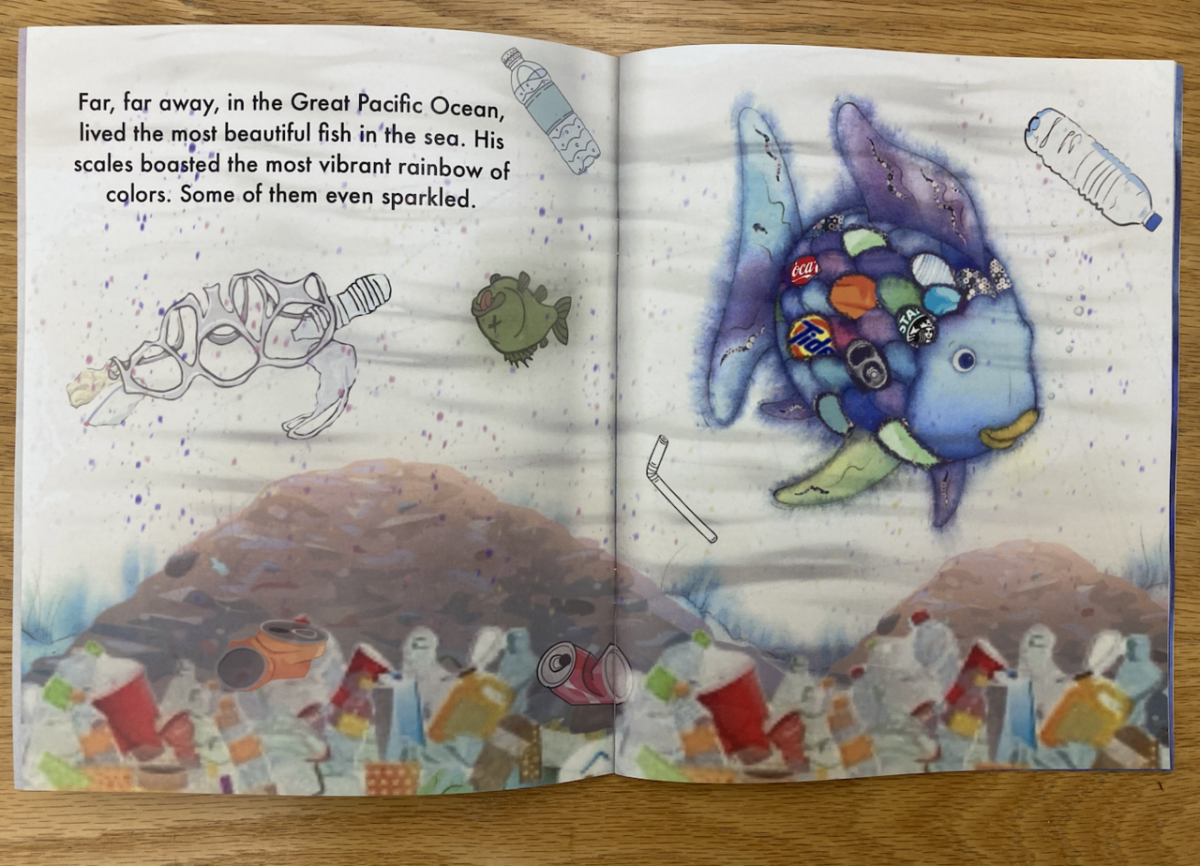Myron Ebell and the EPA: Beating a dead horse
November 17, 2016
Just over a week ago, Donald Trump officially became the president-elect of the United States of America. Since then, a flood of questions have come up regarding his proposed policies, several of which relate to the environment and climate change. What people seem most concerned about, however, is that Trump has appointed Myron Ebell as head of his Environmental Protection Agency (EPA) transition team. Ebell, a conservative economist and prominent climate change denier, does not spell good news for the agency. In fact, a conservative like Ebell is likely the EPA’s worst nightmare.
It’s impossible to deny that the impacts of choosing Ebell to lead the EPA “transition” are going to be devastating to environmental activists. It’s hard enough to convince the American public to believe in climate change, despite overwhelming scientific evidence. Having both a president and head of the EPA transition who are rampant contrarians to global warming is disheartening to say the least. However, before we mourn the death of our nation’s environmental progress, let’s take a closer look at the EPA’s most recent history.
The EPA began tracking and regulating greenhouse gases in January of 2011, about two decades after climate change was confirmed by scientists. Additionally, the EPA has failed to effectively enforce regulations concerning fracking, drilling, and the installation of pipelines. Most recently, it has attempted to implement Obama’s proposed Clean Power Plan, which would be the first policy attempt to regulate greenhouse gases from power plants. However, the proposal has encountered serious opposition both at the federal and state level and, as a result, has been halted indefinitely. When evaluating these shortcomings, it is important to note that the failure to pass progressive legislation is not a lack of effort on the part of the EPA, but rather political gridlock that prevents any true developments from being made.
So, the bottom line is, when it comes to federal environmental policy, there unfortunately is not a lot of climate change policy to do away with. It is likely that Ebell will not touch many of the EPA rulings that deal with protecting human health. What he will likely be responsible for are two things: defunding and deregulating. Ebell will put the final nail in the coffin on the Clean Power Plan, which, in my opinion, was doomed from the start, and likely loosen restrictions for oil and gas industries.
Though some would have preferred Hillary Clinton to be our president for several non-environmental reasons, she wasn’t planning on making any significant climate change policy, either. Clinton probably would not have worsened the situation, but we would not have expected anything from her except the already stagnant state of affairs.
Where does this leave us? We have a failed EPA, an ignorant new head of EPA, and a president-elect who is tied to oil and gas industries; it seems like things could not get much worse for environmental policy.
Another way to look at this, however, would be to consider that the federal government as a whole is not going to do anything about climate change. As a whole, our government is too polarized and inefficient to create any effective environmental policy. I have heard outrage that we will now have a president who claims that climate change is a hoax, but the truth of the matter is that the U.S. government has been treating climate change like a joke for decades.
The real question is what do we do now? Are we doomed to eventually sit by as the sea floods into Manhattan and drought plagues the southwest? The answer to this, is a resounding no. The best environmental policy is established in both a sense of place and a sense of community, and both of these qualities originate from local activism. In fact, the most impactful policies have come out of states and municipalities, not the EPA, including California emissions restrictions and New Jersey green energy subsidies.
My home state of Rhode Island, in conjunction with a private company, just established the nation’s first offshore wind farm, without federal funding. It is easy to look at what Ebell is about to do to the EPA and give up all hope of acting on behalf of climate change prevention, but I see this as a potential opportunity to finally start the climate movement we need. This is the time, if there ever was one, for activism and local mobilization to shape climate change policy, no matter what is happening in Washington. We have relied on the federal government for too long; the power for climate action lies in the hands of the people, and in truth, it always has.























